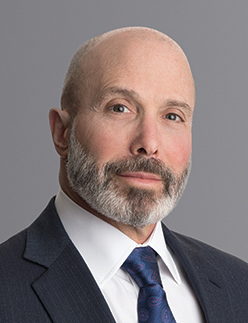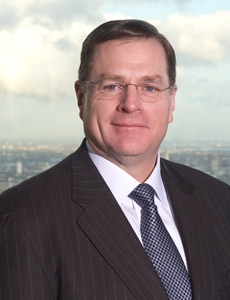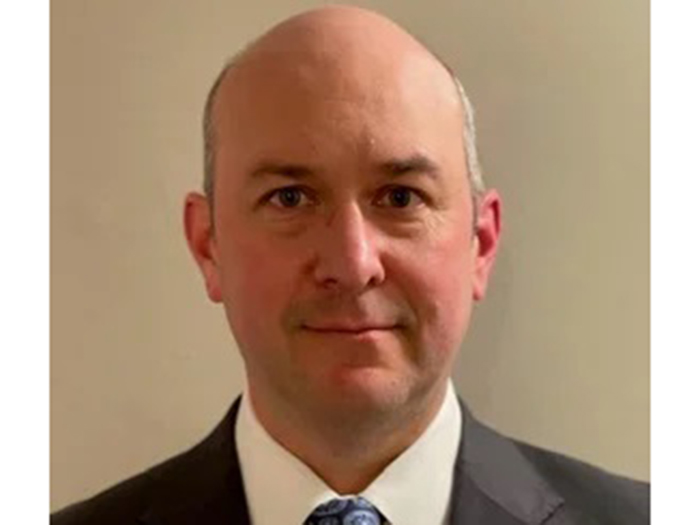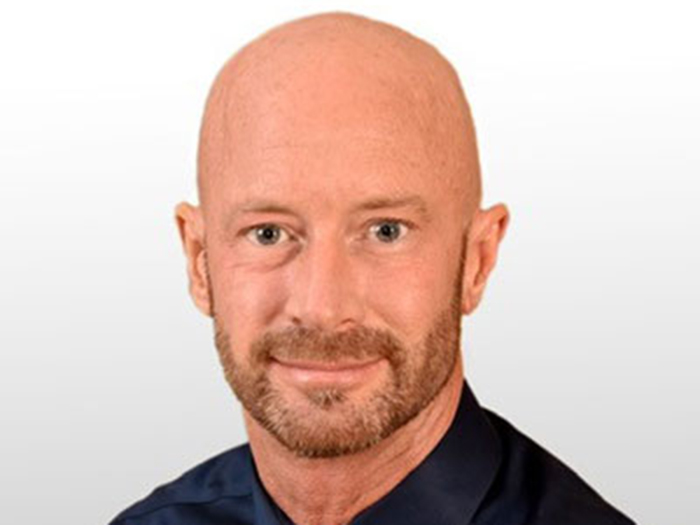7 Insurance Giants Say Social Responsibility Is on Par With Shareholder Value

On Monday, August 19, a group of high-powered American executives published a statement on the role of shareholders in corporate governance that departs sharply from tradition.
The “Statement on the Purpose of a Corporation” put forth by the Business Roundtable asserts that corporations have greater obligations beyond generating profits for shareholders. In short, they are responsible for creating better lives for all their stakeholders.
Here’s a snapshot of what the document says and what implications it has for the insurance industry:
What It Says
The statement opens with reaffirmation of the belief that all Americans should be able to achieve stability and success through hard work. All are entitled to “lead a life of meaning and dignity,” and a capitalist, free-market system, they believe, remains best suited to create the opportunities and rewards that enable such a life.
To that end, the authors recognize corporations have responsibility not just to shareholders but to all stakeholders — including employees, customers and suppliers.
Putting these parties first and treating them ethically is ultimately what keeps businesses going and the economy growing.
In the statement, signers commit to: Deliver value to customers; invest in employees through fair compensation, benefits, continued education and training; foster diversity and inclusion; treat suppliers fairly; support local communities by adopting sustainable practices; and — taking a conspicuous last spot on the list — create long-term value for shareholders.
Since 1997, the Business Roundtable has issued Principles of Corporate Governance, stating that “corporations exist principally to serve their shareholders.”
Monday’s statement is a clear and decisive break from that credo.
Why Now
Shareholders have long been corporations’ top priority because disappointing them means withdrawal of their investment at best, and at worst, the potential for securities class action lawsuits.
Historically, shareholders’ primary concern was profit. Decisions were made with the bottom line top of mind.
Business Roundtable’s statement reflects a fundamental shift in what society expects of big businesses. All stakeholders, including shareholders, now hold corporations to a higher standard of social responsibility.
They want companies to put people above profits. To use their economic power for good by supporting policies that protect the environment. And to address issues like the gender wage gap, diversity and discrimination head-on in their own employment practices.
Companies that don’t fulfill these expectations have already felt the wrath of hashtag-driven boycotts and other forms of social media shaming.
Businesses now operate in an environment of heightened reputation risk that has a tangible impact on income statements. Loss of customer loyalty and diminished brand value are real consequences of social irresponsibility, and these ultimately impact revenue and profit.
The Business Roundtable’s mission statement to be better corporate citizens is a product of this pressurized risk landscape as much as a true desire to make the world a better place.
Who Signed It
The Business Roundtable comprises CEOs of U.S. companies with more than 15 million employees and more than $7 trillion in annual revenue. Some prominent members include C.V. Starr’s Hank Greenberg, Amazon’s Jeff Bezos, Apple’s Tim Cook, and JP Morgan Chase’s Jamie Dimon.
In total, seven commercial insurance organizations signed the statement:
- Aon
- Chubb
- C.V. Starr & Co
- Assurant
- Progressive Corporation
- Travelers
- Verisk Analytics
What It Means for the U.S. Insurance Industry
The statement outlined no clear directives for how companies should pursue social responsibility, but may be the catalyst needed to spark conversations within individual corporations.
When it comes to sustainability and environmental issues, insurers are already acutely aware of the cost of climate change.

Evan Greenberg, President and CEO, Chubb
Many have directed more investment dollars to the renewable energy sector while scaling back in coal and fossil fuel companies.
Munich Re, Swiss Re, Zurich, AXA XL and Allianz have all committed to stop underwriting coal operations and increase “green” investments, most targeting at least €10 billion ($11.1 billion) by next year.
Most efforts to change the course on climate change have been concentrated in Europe, driven in part by stricter environmental regulations. Business Roundtable’s support of greater social responsibility will possibly drive more action in the U.S.
Separately, Chubb issued a coal underwriting policy in July that signaled a cut back in its support of that fossil fuel.
Domestic insurers are also making a difference in other areas.
Many have organized community outreach efforts, which include sponsoring local recreational, health and educational programs.
QBE, for example, launched an impact investment initiative several years ago, called Premiums4Good, that directs a portion of premiums toward projects with a clear and measurable social or environmental benefit. The company aims to invest $1 billion in social impact projects by 2021.
The Insurance Industry Charitable Foundation also reports it has contributed more than $36 million in community grants and has completed more than 300,000 hours of volunteer service for non-profits over its 25 years.
Nearly every major insurance company also has a team dedicated to driving greater diversity and inclusion.
More than two dozen executives of commercial insurance organizations have signed the CEO Action for Diversity & Inclusion pledge, which outlines a specific actions “to cultivate a workplace where diverse perspectives and experiences are welcomed and respected.”
These are just a few examples of corporate responsibility at work, and it will be interesting to see if Business Roundtable’s statement spurs even more. &











